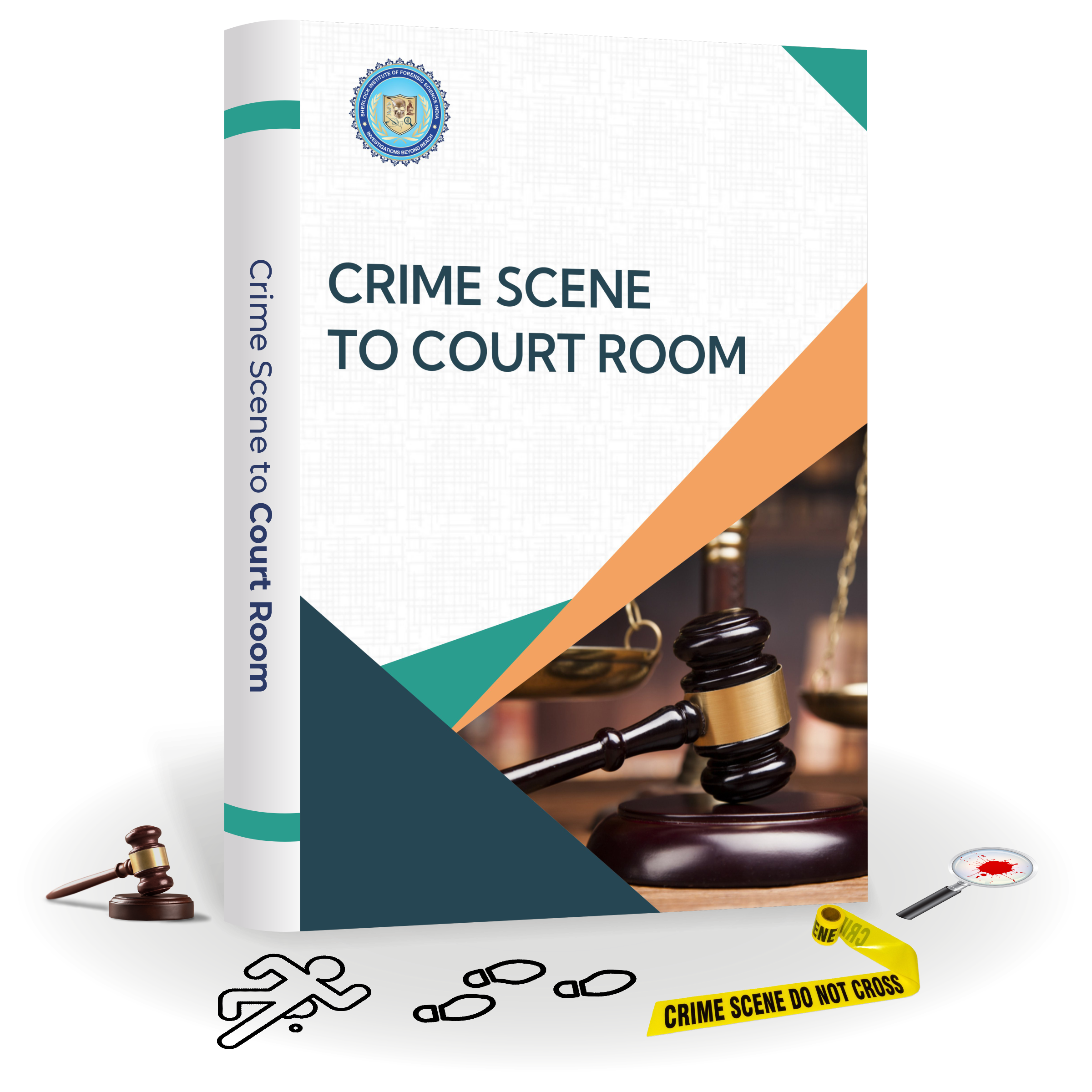Thank you to wonderful team at SIFS for allowing me to complete this program with you, it was both a pleasure and an honor to have studied with the best in the educational sector. May you continue the amazing job you guys are doing.

The Professional Diploma in Crime Scene To Court Room by SIFS India is designed to provide students with an in-depth understanding of crime scene investigation and management.
You will learn the basic principles and practices involved in processing a crime scene, like evidence collection, preservation, analysis, and presentation in court, ensuring that no detail goes unnoticed. You will become well-versed in the legal framework and learn how to respect the rights of the accused and victims.
Our curriculum extends far beyond theory, engaging you in interactive activities and quizzes covering different facets of crime scene processing. You will gain working knowledge of a vast range of topics, like crime scene investigation principles, types of crime scenes, investigation steps, the role of the first responder and forensic scientist, documentation and presentation in court, types of physical evidence, glass evidence and its classification, soil evidence types and examination, paint evidence analysis, types of toolmark evidence, blood stain pattern analysis, forensic photography overview, and crime scene investigation legal considerations.
Crime scene investigators are the ones who can make or break the case. Hence, the need for skilled labor is on the rise. Upon successful completion of this course, you can work for legal and government agencies, private investigation firms, insurance companies, forensic laboratories, the healthcare industry, educational institutions, and consulting firms.
With this course, you will gain the expertise to work with professionals from various disciplines and decode the mysteries that surround criminal acts effectively. Get ready to become a skilled investigator by learning the intricacies involved, from the initial arrival at the scene to the final presentation of evidence in court.





